Watch TV in another way, fewer ads! Two portable "TV boxes" comparative evaluation

Introduction:
Internet TV boxes are not a new concept. A few years ago, the release of the Xiaomi TV box brought rich online video resources and changed how many people watched TV, sparking a wave of interest in internet TV boxes. However, as manufacturers focused more on advertising revenue, the time for inserting commercials during video playback increased, leading to long ads that made the overall user experience less enjoyable.
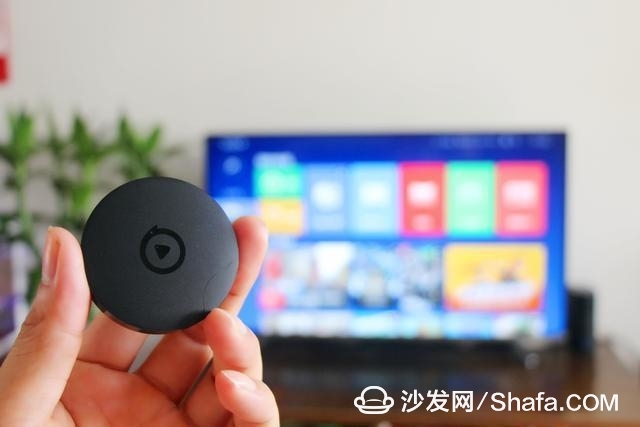
As viewing habits evolve, mobile video watching has become increasingly popular. Some “TV boxes†now focus on screen casting, allowing users to connect their smartphones with smart devices and large TVs for a seamless and easy-to-use video experience. These devices also eliminate long ads and offer a high-quality multi-screen interactive lifestyle.
Key features of screen casting boxes:
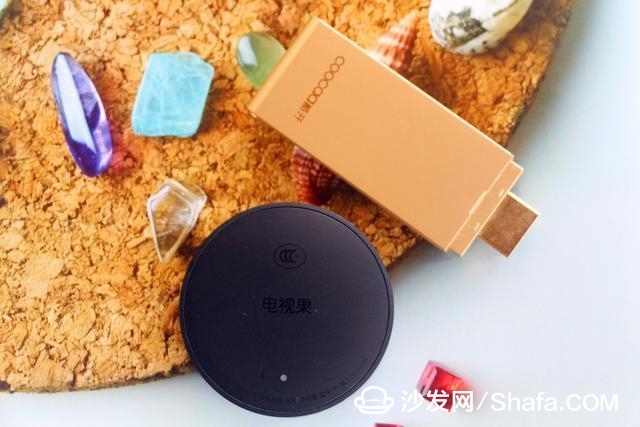
Today, everyone is familiar with screen casting devices like the iQiyi TV box and the Coolpad Video Stick. While these two products share similarities—such as small size, similar interfaces, and comparable pricing—they differ in design, screen casting capabilities, and content availability. This article compares both options to help you choose the best one for your needs.
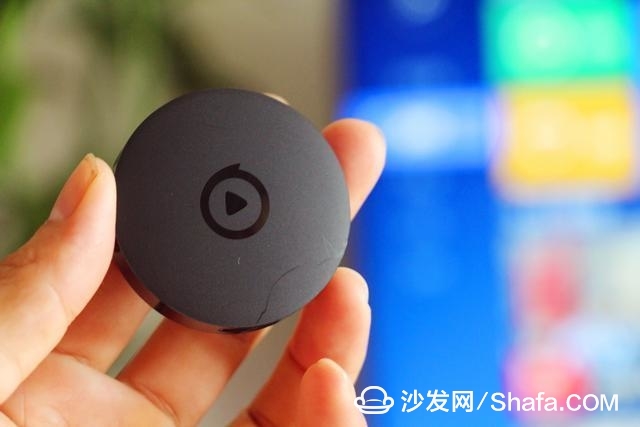
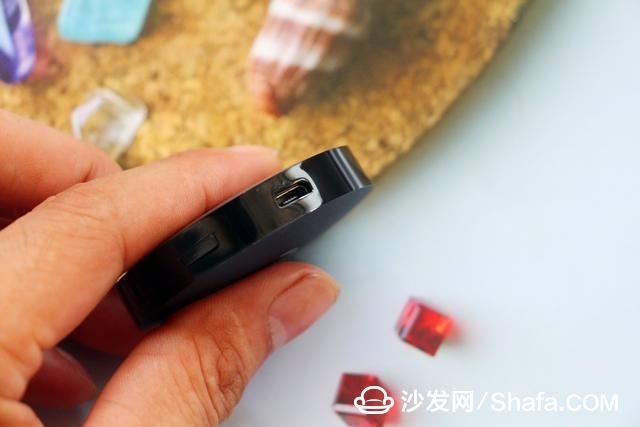
In terms of design, the iQiyi TV box uses a plastic casing with a circular shape and includes HDMI and USB ports for power and signal connections. The Coolpad Video Stick also uses a plastic body with a rectangular design and comes with an HDMI port, similar to the iQiyi model. Both are compact and portable, making them ideal for travelers who want to watch their own content without relying on hotel TVs.
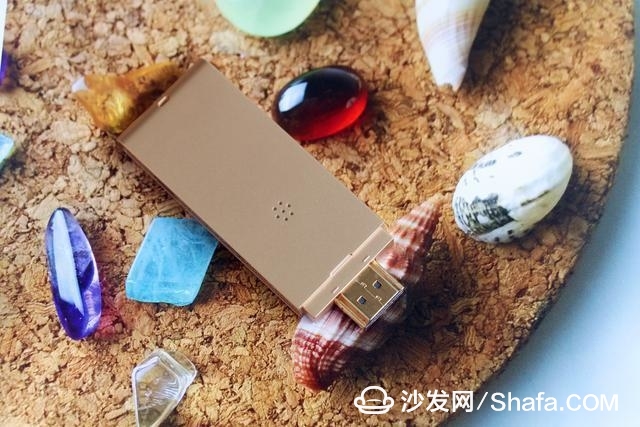
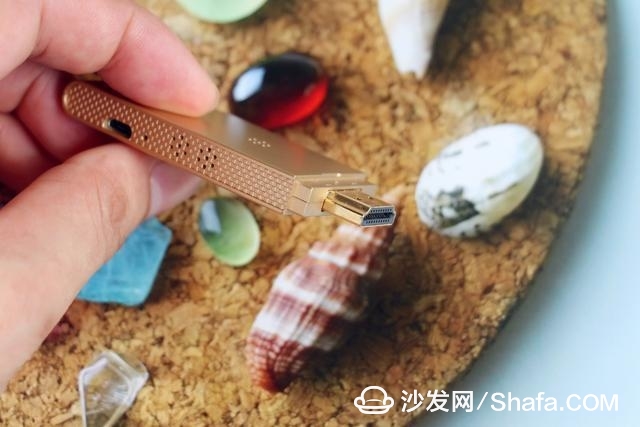
Both devices require a USB cable to connect to the TV’s USB port for power and an HDMI cable to connect to the TV’s HDMI port. The connection process is similar, so it really comes down to personal preference in design.
Diverse screen casting methods:
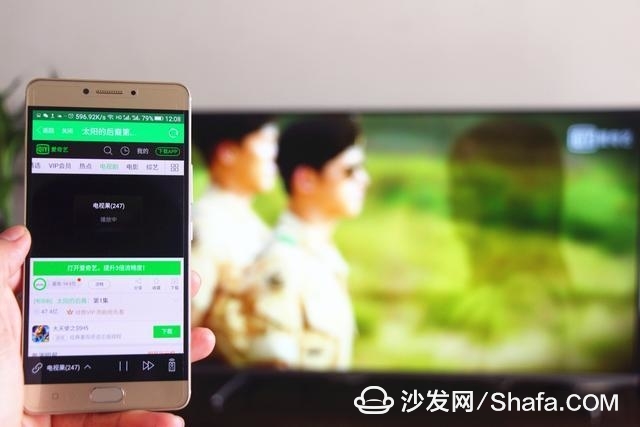
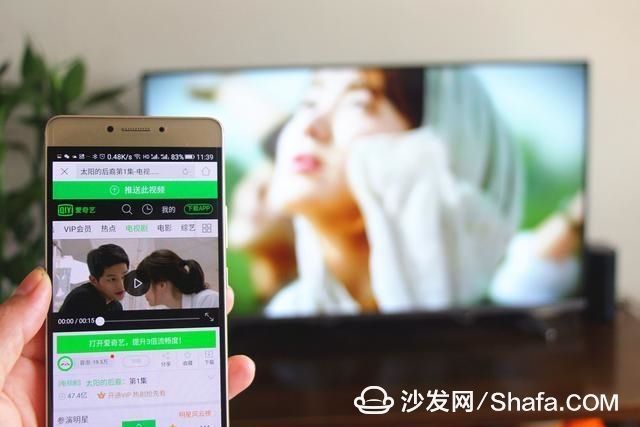
To cast videos, both devices require downloading a corresponding app on your smartphone. Once installed, you can search for your favorite movie, tap "Cast to TV," and enjoy it on the big screen. The process is simple and user-friendly, unlike traditional TV boxes which can be cumbersome.
During the casting process, the iQiyi TV box doesn’t show a preview on the phone, while the Coolpad Video Stick does. However, this preview isn't synchronized with the TV, so it's mostly just a visual distraction.
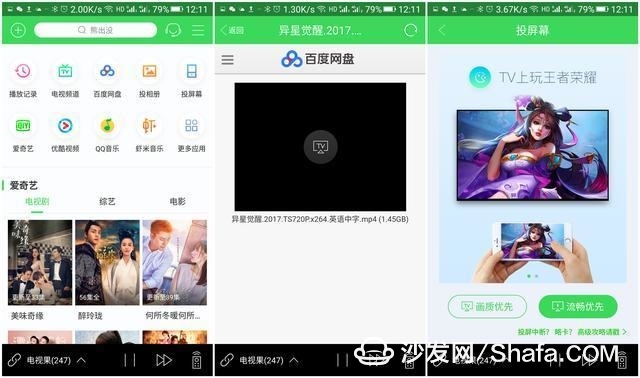
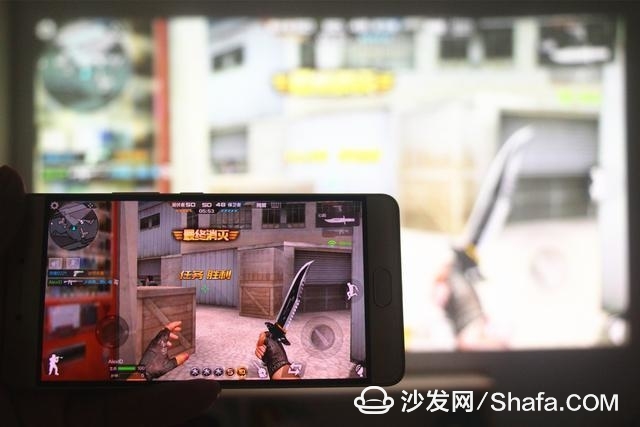
Beyond casting videos from apps, the iQiyi TV box supports casting files from Baidu Cloud, photos, and other mobile content. This makes it easier to view documents, images, and videos on a larger screen. For gamers who prefer a bigger display, this feature allows them to play mobile games on the TV, creating a more immersive experience.
The Coolpad Video Stick also supports screen casting from apps but lacks support for cloud storage services like Baidu Cloud. It only allows casting of local media such as photos, videos, and music. This limitation makes it less versatile compared to the iQiyi TV box.
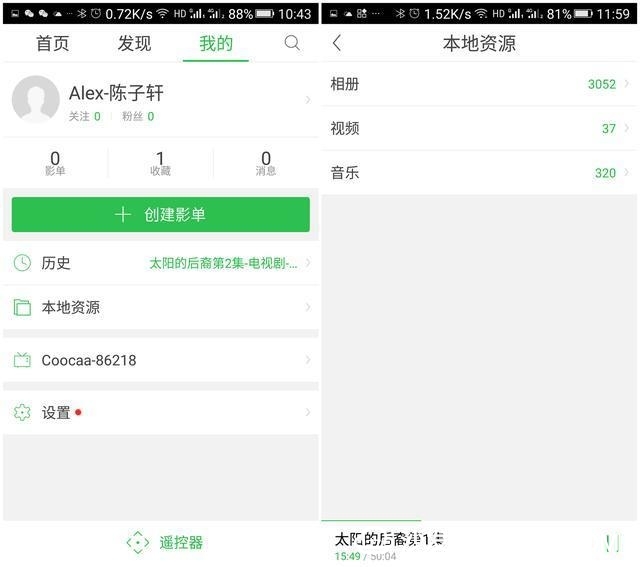
When it comes to content, the iQiyi TV box offers a much richer selection. It supports over 20 casting apps, including Youku, Sohu, and iQiyi, as well as hundreds of live TV channels. Users can also access exclusive content through a monthly VIP subscription. This makes it a better choice for those who value variety and up-to-date content.
In contrast, the Coolpad Video Stick has limited content. It lacks new movie updates and often displays outdated trailers. Its live TV channel support is also limited, with many channels failing to work properly. This indicates that the device may not receive regular updates or maintenance.
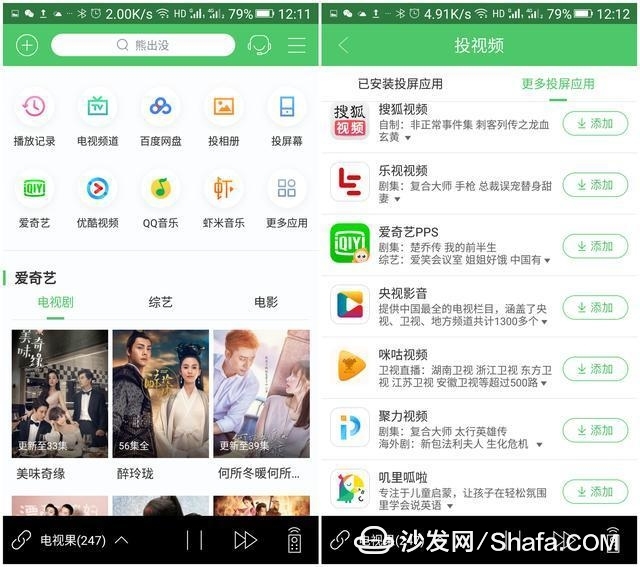
Remote control functionality is essential for any TV box. Both devices come with a mobile app that acts as a remote. The iQiyi app is more intuitive and user-friendly, offering features like five-way navigation, brightness adjustment, and screenshot capture.
Additionally, the iQiyi remote app includes a "secret listening" feature. When enabled, it plays audio through your phone while muting the TV, allowing you to use headphones and avoid disturbing others. The app also supports lock screen controls, which is a practical and convenient feature.
Conclusion:
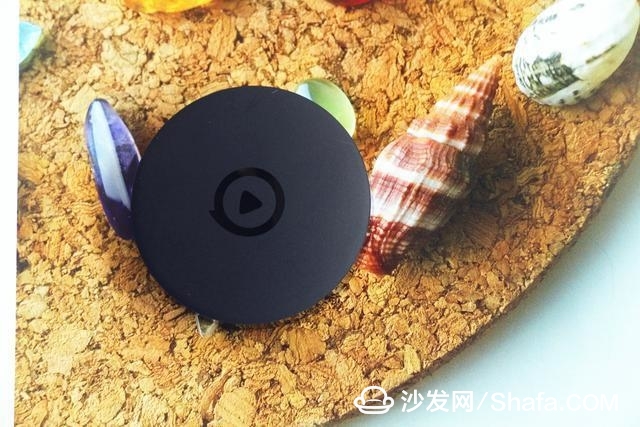
Screen casting boxes differ from traditional internet TV boxes in operation, but they offer a major advantage: direct playback of user-selected content with fewer interruptions from ads. They provide extensive online video resources, making them more complete than conventional TV boxes. Additionally, their lower production costs result in competitive pricing.
Screen casting boxes represent a modern and stylish option in the market. Whether you choose the iQiyi TV box or the Coolpad Video Stick depends on your specific needs. As mobile video consumption continues to grow, screen casting will likely become the future of TV viewing. Consider trying one today and experience a new way to watch TV!
For more information on smart TVs and boxes, visit Smart TV Information Network Sofa Butler (http://), a leading platform for TV box and smart TV news, reviews, and software. Get answers to your questions and stay updated on the latest trends in smart home technology.
I. Basic overview
48V Power Wall Battery, also known as 48-volt power wall battery, is a high-voltage lithium battery system that is widely used in home energy storage, off-grid solar systems, uninterruptible power supplies (UPS), energy storage and other fields. It is favored by the market for its high energy density, long cycle life and relative safety.
Second, technical characteristics
Voltage and capacity:
The rated voltage is usually 48V, but may vary by product (e.g. 51.2V).
Various capacities, such as 20Ah, 100Ah, and 200Ah, meet the energy storage requirements in different scenarios.
Battery Type:
It mainly uses lithium-ion batteries, especially lithium iron phosphate batteries (LiFePO4), which are popular because of their high safety and long cycle life.
Charge and discharge performance:
Supports high discharge rate to meet fast discharge requirements.
High charging efficiency, some products support fast charging technology.
Security:
Built-in battery management system (BMS), real-time monitoring of battery status, to prevent overcharge, overdischarge, short circuit and other safety hazards.
Some products use polymer lithium-ion batteries, the electrolyte is colloidal, no flow, no leakage risk.
Connection mode:
Support series and parallel connection, easy to expand battery capacity and voltage.
3. Application fields
Home energy storage:
As the energy storage device of the home solar system, the solar energy is converted into electricity and stored for daily use in the home.
Off-grid Solar systems:
Provide a stable power supply in areas without grid coverage or unstable power grids.
Uninterruptible Power Supply (UPS) :
Provide emergency power to critical equipment (such as servers, data centers, etc.) to ensure normal operation in the event of a power outage.
Energy storage:
It is used in energy storage solutions of renewable energy such as wind energy and water energy to improve energy efficiency.
Fourth, market status and development trend
With the rapid development of renewable energy and the transformation of energy structure, 48V Power Wall Battery as one of the important energy storage equipment, the market demand continues to grow. In the future, with the continuous progress of technology and the further reduction of cost, its application field will be more extensive, and the market prospect is very broad.
48V Power storage, solar system 48V,48V commercial and industrial lifepo4 battery system
Foshan Keylewatt Technology Co., LTD , https://www.klwenergy.com